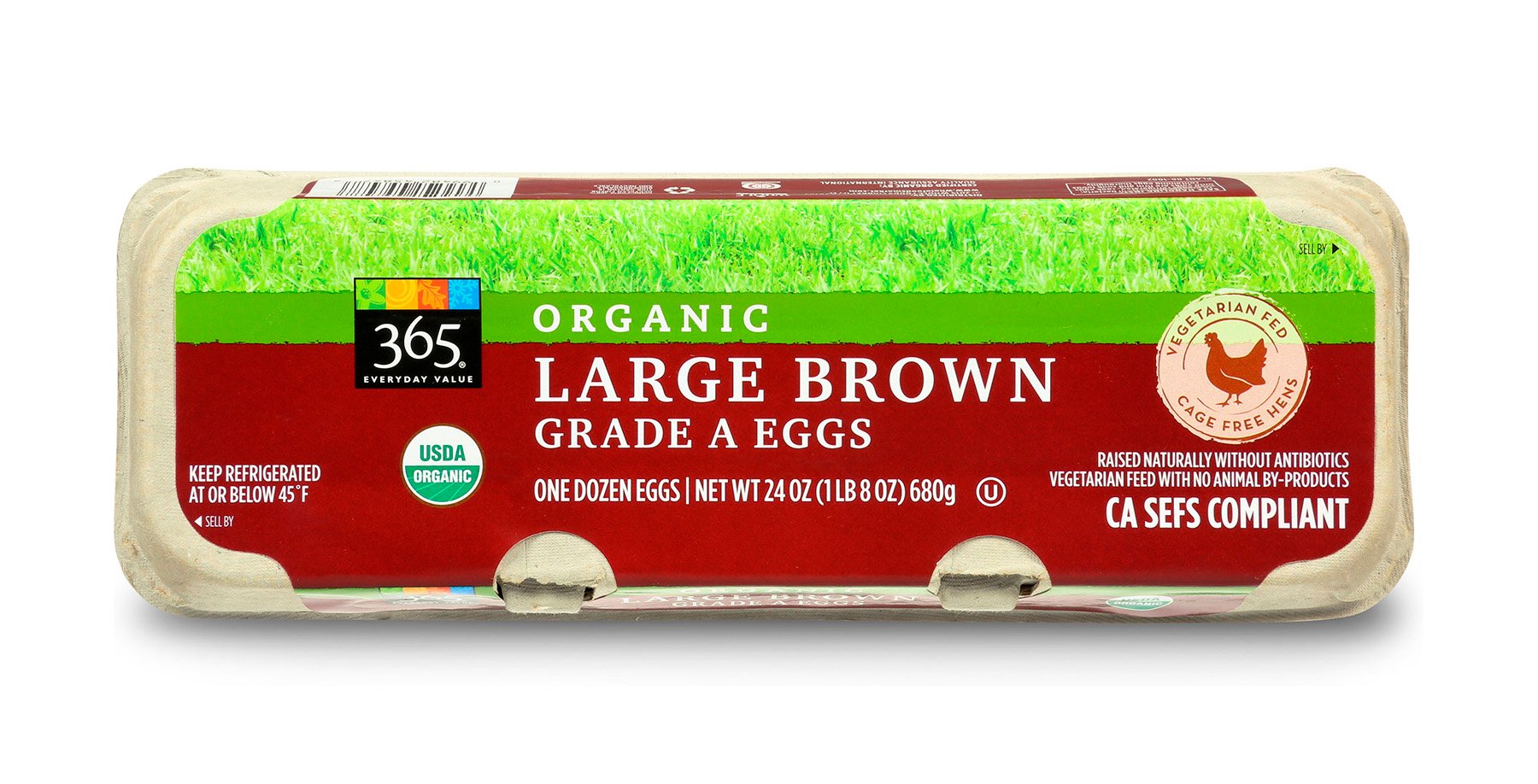They're both outstanding retailers -- especially in their respective niches. Costco Wholesale (COST +2.00%) is second to none in both scale and operational efficiency when it comes to the warehouse club retail model, which it pioneered in the first place. And Whole Foods (WFM +0.00%) is the largest grocer of natural and organic foods in the U.S., serving as the standard-setter for health and quality when it comes to groceries. But one stock stands out as the better buy for investors looking for income.
Here's a head-to-head comparison of Costco and Whole Foods' dividends.
The numbers
|
Company |
Dividend Yield |
Payout Ratio |
5-Year Compound Annual Dividend Growth |
|---|---|---|---|
|
Costco |
1.1% |
33.4% |
13.8% |
|
Whole Foods |
1.8% |
34.3% |
22% |
Data source: Reuters. Table by author.
Dividend yield
Of these two stocks, Whole Foods easily has the higher dividend yield -- at 1.8% versus Costco's dividend yield of 1.1%. However, it wasn't always this way. Just three years ago, Costco had a higher dividend yield than Whole Foods. Indeed, three years ago, Whole Foods' dividend yield was well below 1%.
COST Dividend Yield (TTM) data by YCharts.
Why has Whole Foods' dividend yield soared recently? Mainly because of a falling stock price. Over the past three years, Costco's stock has increased about 46%, and Whole Foods stock has declined about 39%. This falling stock price has suppressed Whole Foods' valuation and helped give its dividend yield a significant boost.
Growth potential
While Whole Foods easily has Costco beat when it comes to dividend yield, this isn't the case when it comes to dividend growth potential.
Both companies look positioned to deliver strong dividend growth in the coming years. This is particularly evident by Costco's and Whole Foods' dividend payout ratios, or the portion of earnings the companies are paying out in dividends, of 33.4% and 34.3%, respectively. These low payout ratios leave plenty of room for dividend increases in the future.
Further, analysts expect EPS at both companies to increase nicely over the next five years. On average, analyst expect annualized growth of 8.5% and 5.9% for Costco and Whole Foods, respectively, over the next five years.
Looking back, though, Whole Foods has increased its dividend at a slightly faster rate, averaging 22% annualized dividend growth over the last five years compared to Costco's 13.8% growth. But given analysts' more optimistic projection for Costco's earnings growth, Costco arguably edges out Whole Foods when it comes to dividend growth potential. More rapid earnings growth for Costco in the coming years would make its dividend increases easier. This is especially the case when considering that the two companies have almost the same payout ratio today.
Valuation
Of course, when it comes to choosing dividend stocks, metrics related to the dividends themselves aren't all that matter. Investors should put stocks' prices into context, too. When it comes to valuation, Whole Foods stands out as the better stock.
Thanks to Whole Foods' stock's sell-off over the last three years, Whole Foods has a reasonable price-to-earnings ratio of 20. Comparatively, Costco's price-to-earnings ratio is 30. But Whole Foods stock doesn't look quite as cheap when the two companies' prices are held up against earnings estimates for next year. Based on Morningstar's forward earnings estimates for both companies, Whole Foods has a forward P/E ratio of 21.1, and Costco's is 24.8. So, while Whole Foods may be the cheaper stock today, it is only by a small margin.

Image source: Getty Images.
Overall, Whole Foods looks like the better dividend stock. While Costco's dividend looks like it has slightly better growth potential, investors who buy Whole Foods get a much higher dividend yield today and a slightly more compelling entry point on the stock price. However, Costco's dividend still looks promising, particularly when investors give weight to Costco's incredible staying power thanks to its strong competitive edge in wholesale club retailing.








